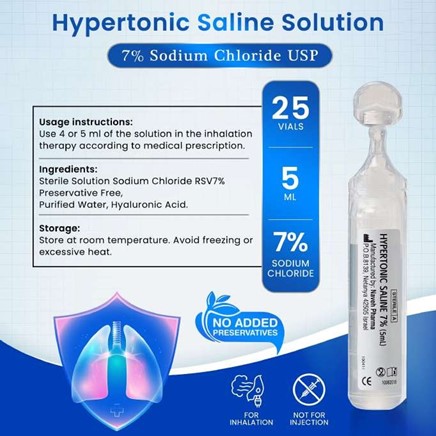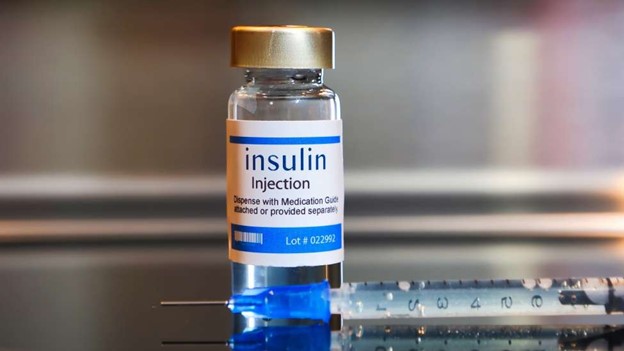A client is admitted with hyponatremia.
Which of the following interventions should the nurse prioritize for this client?
Restricting fluid intake.
Administering a hypertonic saline solution.
Encouraging increased fluid intake.
Administering a loop diuretic.
The Correct Answer is B

This is because hyponatremia is a condition where sodium levels in your blood are lower than normal, usually due to too much water in your body that dilutes the sodium. A hypertonic saline solution is a fluid that has a higher concentration of sodium than blood, and it can help restore the normal sodium balance by drawing water out of the cells.
Choice A is wrong because restricting fluid intake may not be enough to correct severe hyponatremia, and it may worsen the symptoms of dehydration.
Choice C is wrong because encouraging increased fluid intake will further lower the sodium levels and increase the risk of complications such as brain swelling.
Choice D is wrong because administering a loop diuretic will cause more sodium and water loss from the kidneys, which can worsen hyponatremia and dehydration.
Normal ranges for blood sodium levels are between 135 and 145 milliequivalents per liter (mEq/L).
Hyponatremia is defined as a blood sodium level below 135 mEq/L1.
Nursing Test Bank
Naxlex Comprehensive Predictor Exams
Related Questions
Correct Answer is B
Explanation

This is because hyperkalemia is a condition where the blood potassium level is too high.
This can cause cardiac arrhythmias, muscle weakness, and paralysis. Therefore, the nurse should administer intravenous insulin and glucose to lower the blood potassium level by shifting it into the cells.
Choice A is wrong because encouraging the patient to consume a high- potassium diet would increase the blood potassium level and worsen the condition.
Choice C is wrong because administering a potassium-sparing diuretic would prevent the excretion of excess potassium and aggravate the hyperkalemia.
Choice D is wrong because encouraging the patient to limit fluid intake is not relevant to the management of hyperkalemia and may cause dehydration.
Correct Answer is A
Explanation
The correct answer is A. 42 mL/h.
Choice A: 42 mL/h
Reason: To calculate the IV rate, we use the formula: IV rate (mL/h) = Total volume (mL) ÷ Total time (hours). For this problem, the total volume is 1000 mL and the total time is 24 hours. Therefore, the calculation is 1000 mL ÷ 24 hours = 41.6667 mL/h. When rounded to the nearest whole number, the IV rate is 42 mL/h. This makes 42 mL/h the correct answer.
Choice B: 44 mL/h
Reason: This choice is incorrect because it does not match the calculated IV rate. The calculation of 1000 mL ÷ 24 hours results in 41.6667 mL/h, which rounds to 42 mL/h, not 44 mL/h. Therefore, 44 mL/h is not a valid option based on the given data.
Choice C: 46 mL/h
Reason: This choice is also incorrect. The calculated IV rate of 41.6667 mL/h, when rounded to the nearest whole number, is 42 mL/h. There is no mathematical basis for rounding up to 46 mL/h from 41.6667 mL/h, making this choice invalid.
Choice D: 48 mL/h
Reason: This choice is incorrect as well. The correct calculation yields 41.6667 mL/h, which rounds to 42 mL/h. There is no justification for rounding up to 48 mL/h. This choice does not align with the calculated and rounded IV rate.
Whether you are a student looking to ace your exams or a practicing nurse seeking to enhance your expertise , our nursing education contents will empower you with the confidence and competence to make a difference in the lives of patients and become a respected leader in the healthcare field.
Visit Naxlex, invest in your future and unlock endless possibilities with our unparalleled nursing education contents today
Report Wrong Answer on the Current Question
Do you disagree with the answer? If yes, what is your expected answer? Explain.
Kindly be descriptive with the issue you are facing.
